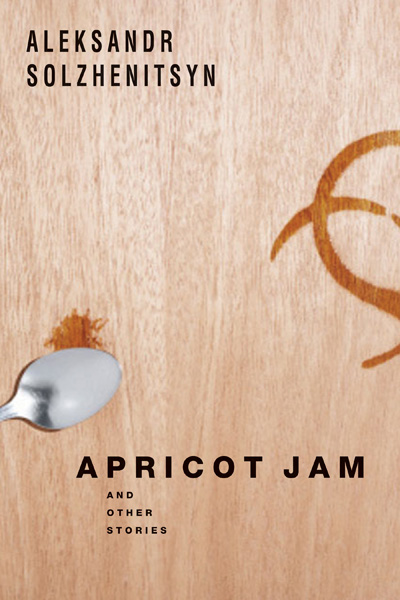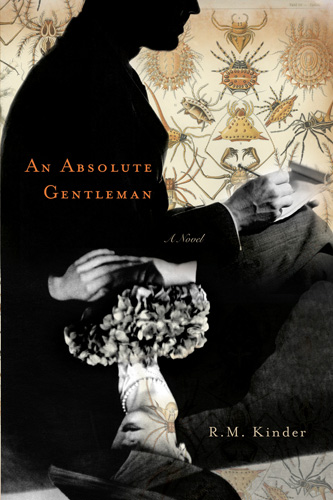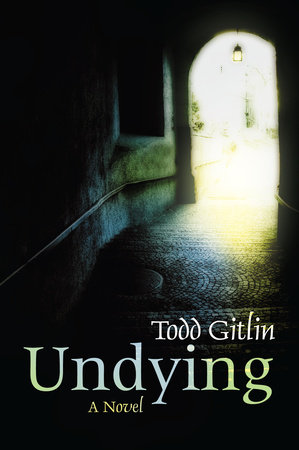
Signor Dido
Stories
Book Description
Painter, musician, journalist, essayist, playwright, and composer, Alberto Savinio was one of the most gifted and singular Italian writers of the twentieth century. Italian critics rank him alongside Pirandello, Calvino and Sciascia, but he is hardly known to American readers. He was the younger brother of Giorgio De Chirico, and Andre Breton said that the whole Modernist enterprise might be found in the work of these two brothers.
Savinio composed five operas and more than forty books. A friend of Apollinaire, figures on the scene during Savinio’s artistic and literary career included Picasso, Cocteau, Max Jacob and Fernand Leger. As the translator says, “his writing, like his panting, moves easily from the everyday to the fantastic. Attempts to define it as ‘surrealist’ are too limiting. It is free in spirit, profoundly intelligent, and beautifully controlled in style.”
The stories collected in Signor Dido are his last works, one story being sent to its publisher only four days before the author’s death. And while this final collection was completed in 1952, it was not published in Italian until 1978. “Composed with an extreme economy of means, they are the summing up of a rich and complex life…. The stories contain haunting premonitions and at times piercing solitude, but they are all graced with Savinio’s high comic sense, his fine self–humor, and that stylistic irony which, as he once said, is both a mask for modesty and ‘a subtle way of insinuating oneself into the secret of things.'”


















